Leonardo da Vinci's vineyard
Leonardo da Vinci's vineyard, more than a place, is a "hidden" story that links the artist with the city of Milan.
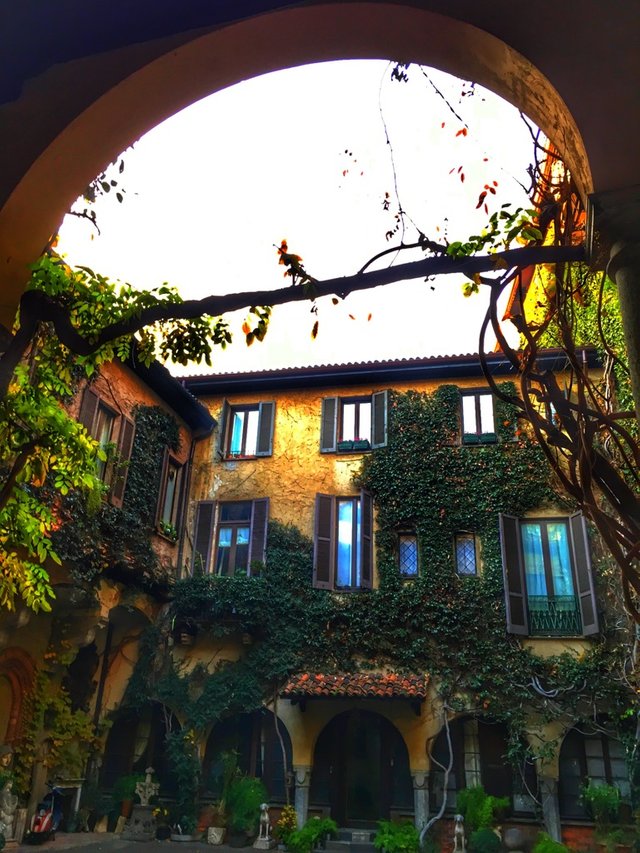
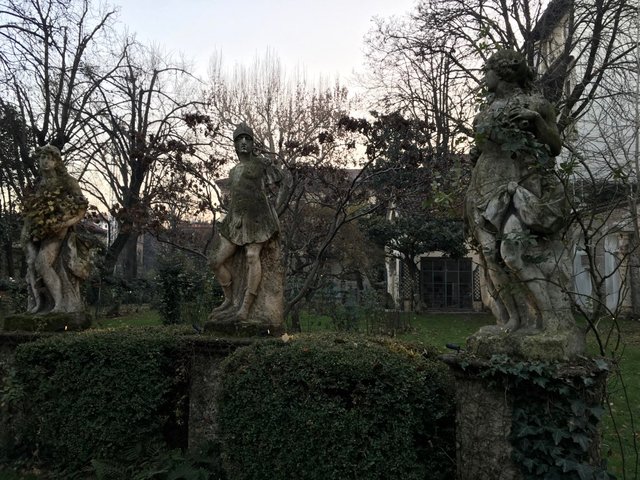
Located in the center of the city, the vineyard belonged to "Duca Ludovico Maria Sforza", known as "il Moro". While Leonardo was working the Last Supper, Ludovico il Moro donated the vineyard to the artist to make him feel "at home", since Leonardo was also interested in wine and came from a family of vineyards in Tuscany. In this vineyard, Leonardo spent 18 years of his life in Milan.
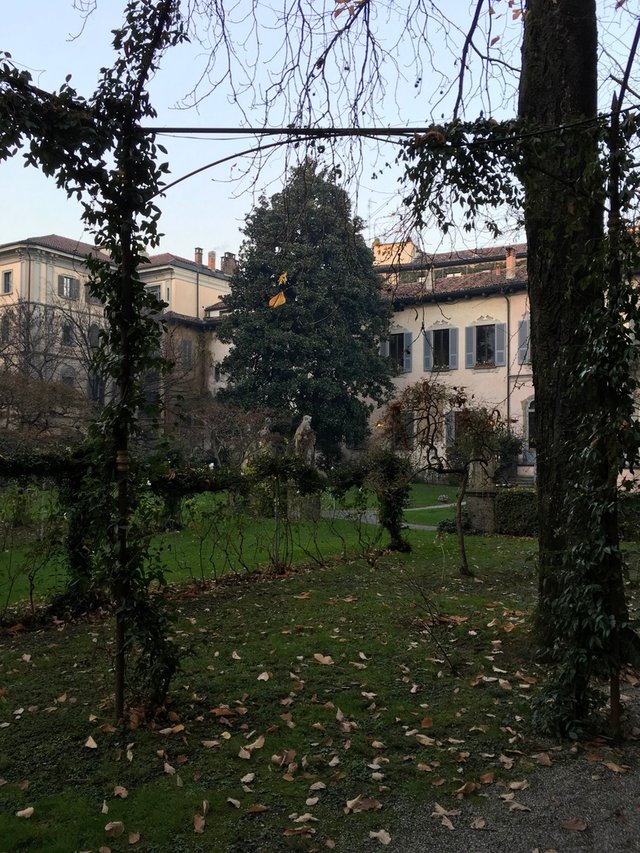
In the timeline, the vineyard and Leonardo intercept stories:
1452, on April 15 in Vinci, Tuscany, Leonardo was born. In Milan, on August 3 of the same year Ludovico was born
1480, Ludovico governs Milan as his regent. During his tenure the Duchy of Milan knows the splendor of the Renaissance
1482, Leonardo, who was at the court of Lorenzo the Magnificent in Florence, moves to Ludovico's court in Milan
1490, Leonardo takes Gian Giacomo Caprotti known as Salaí
1494, Ludovico receives the crown of the dukedom
1495, Ludovico commissioned him to paint a work that represents the last supper in the refectory of the Dominican convent of Santa Maria delle Grazie
1499, Ludovico officially donates to Leonardo a vineyard of almost 1 hectare located next to Santa Maria delle Grazie
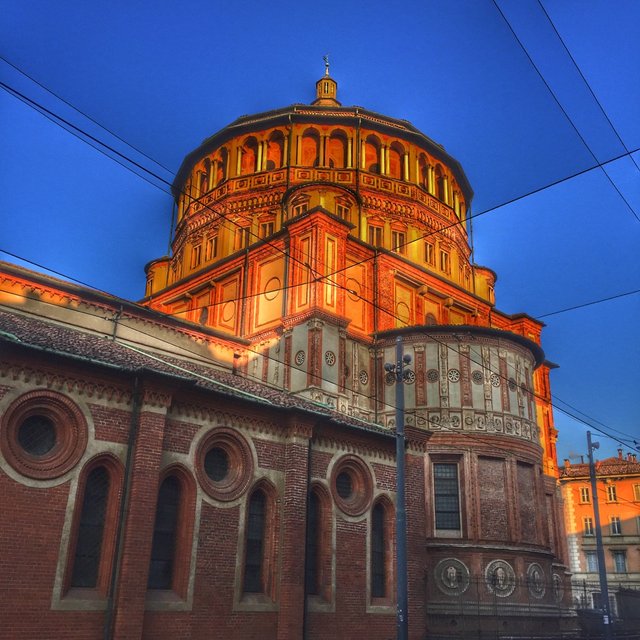
In the summer of 1499, Milan was invaded by the French. In 1500 Leonardo fled Milan, but he left the vineyard to the Salaí family. This nickname was given by the teacher to Gian Giacomo for being "naughty", Salaí spent most of his life next to Leonardo. Salaí seems to have been the model of the oil San Juan Bautista, dating from the high Renaissance (1508-1513) and is preserved in the Louvre.
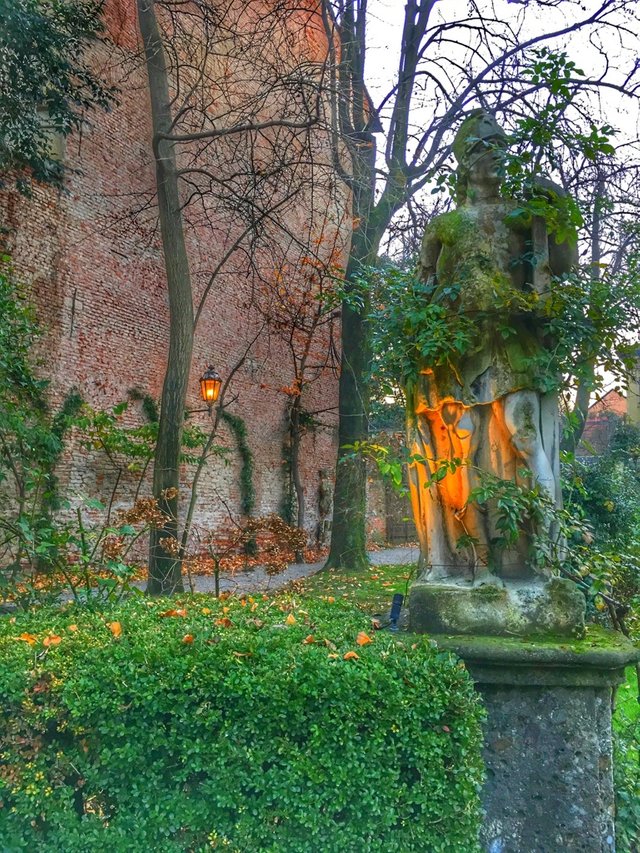
The French in 1502 confiscate goods and donations from Ludovico il Moro including the vineyard. Leonardo fought to recover it to achieve it.
1507, the French soldier and governor of Milan Carlo II d'Amboise asked Leonardo to return to Milan to complete works and thus restore the vineyard. Between 1515 and 1519 Leonardo lived in France and was at the service of King Francisco I.
1519, on May 2, the master dies in Amboise. Leonardo left half of the vineyard to Giovanbattista Villani who was the trusted servant and the other half to Salaí.
The vineyard intercepts stories of families and events in the following centuries until disappearing in the 20s of the 900 and reborn for Expo 2015.
1920, part of the vineyard was identified and photographed at the bottom of the garden of the Casa degli Atellani. The vineyard disappears in the 20s because of a fire and urban expansion
1943, the Casa degli Atellani was badly damaged by the bombing of the Allies in the Second World War. The place where the Vineyard was located was occupied by the debris caused by the bombings
2014-2015, from historical research, excavations and laboratory analysis identified the type of vine cultivated by Leonardo
Leonardo's vineyard is located in Corso Magenta at number 65 in the back garden of the Casa degli Atellani.
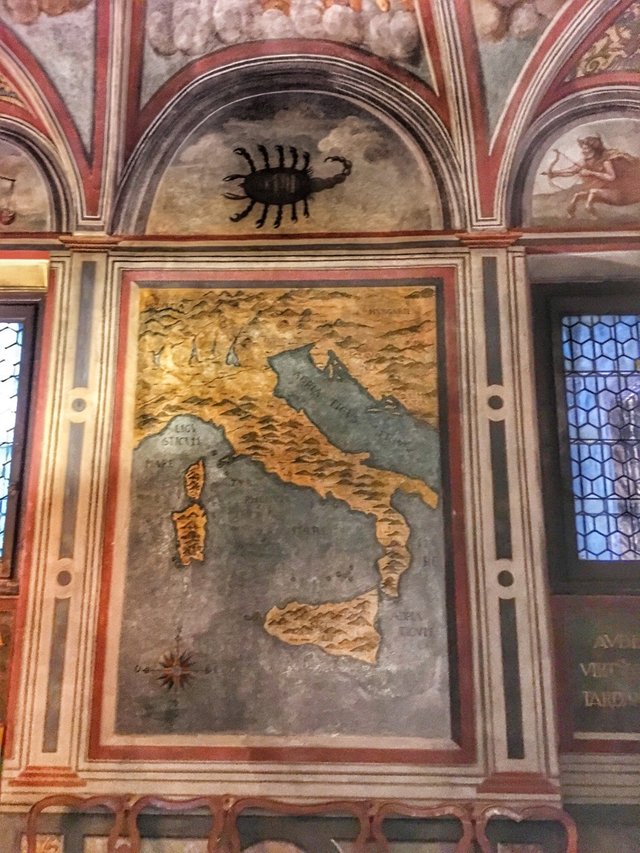
Ref.
Mauri M. (2015). Salaí. L’altra metà di Leonardo; Bellavite ed., 312 p.
Maroni L. (2015). Milano è la vigna di Leonardo; SENS ed., 504p.
Maroni L. (2016). Leonardo da Vinci. La vigna ritrovata; SENS ed., 152p.
Alleanza Cattolica. La vigna di Leonardo da Vinci. https://alleanzacattolica.org/la-vigna-leonardo-vinci/
La Vigna di Leonardo, Milano, https://www.vignadileonardo.com/it
Photos with iPhone6.
All images in this post were taken by and remain the Copyright of Augusto Antonio Gomez C (AAGC)
Congratulations @togno2018! You have completed the following achievement on the Steem blockchain and have been rewarded with new badge(s) :
Click here to view your Board
If you no longer want to receive notifications, reply to this comment with the word
STOPTo support your work, I also upvoted your post!
Memorable place